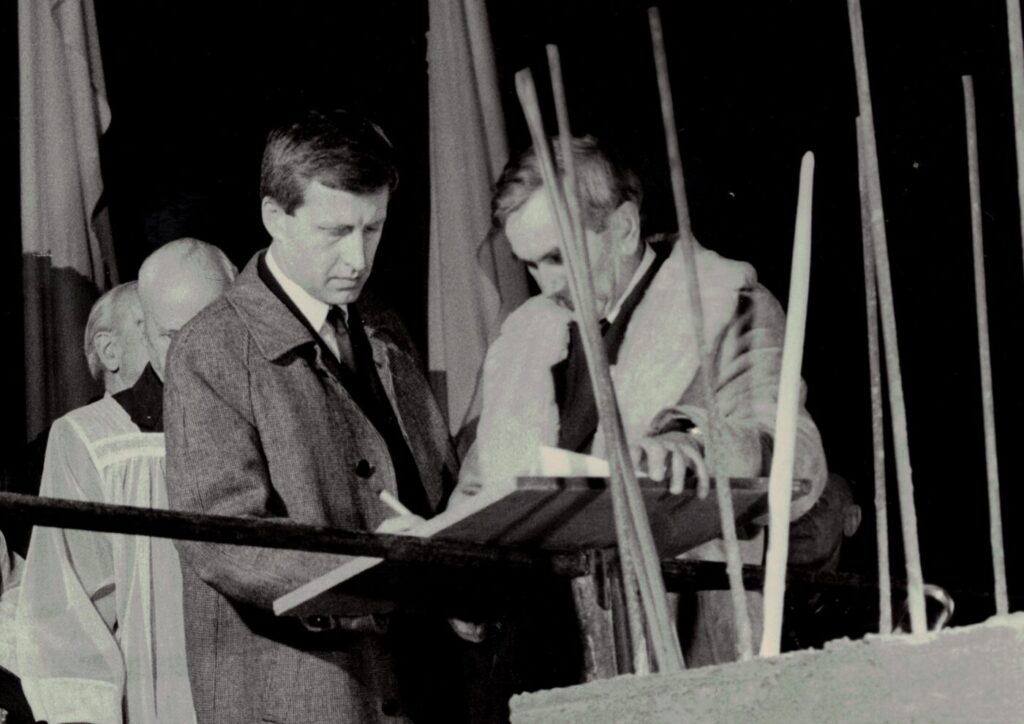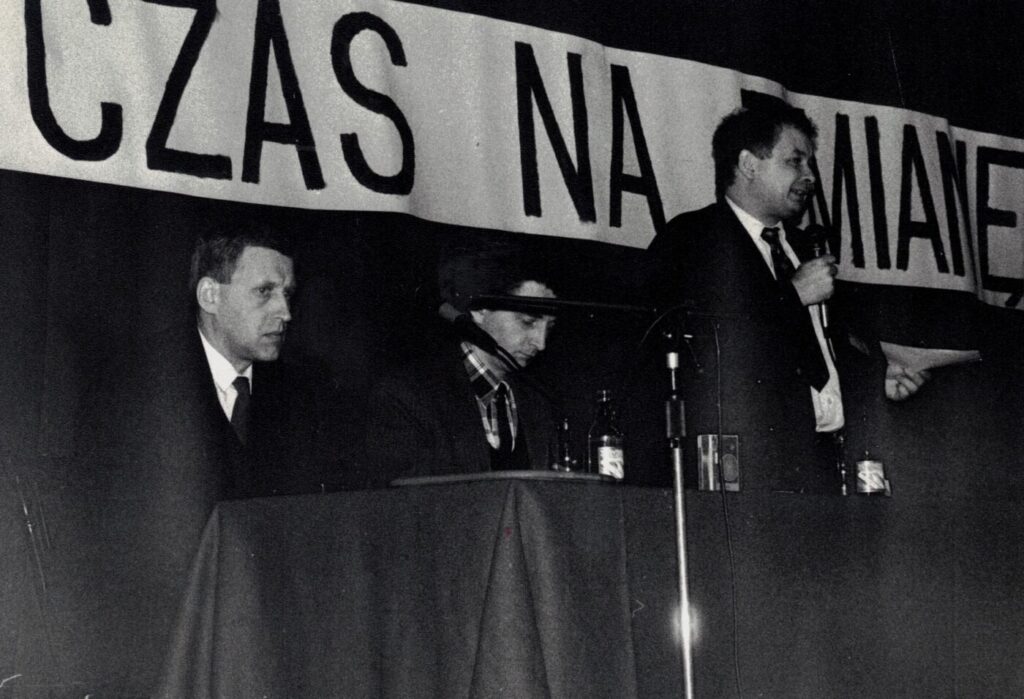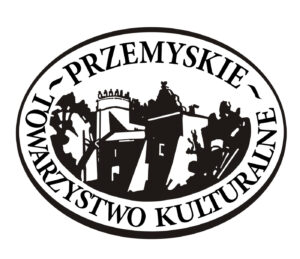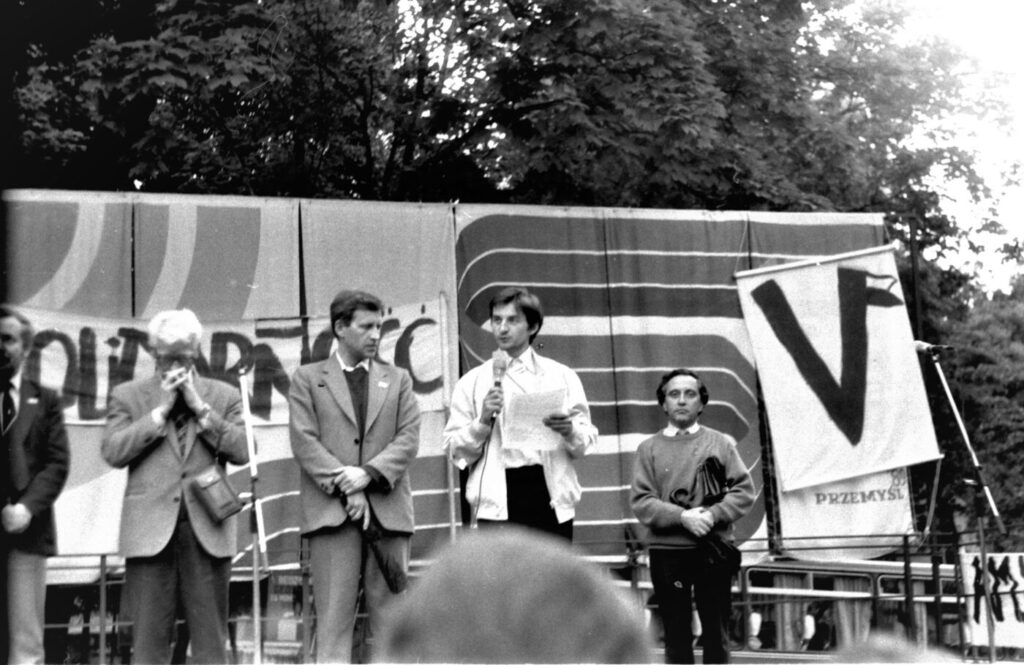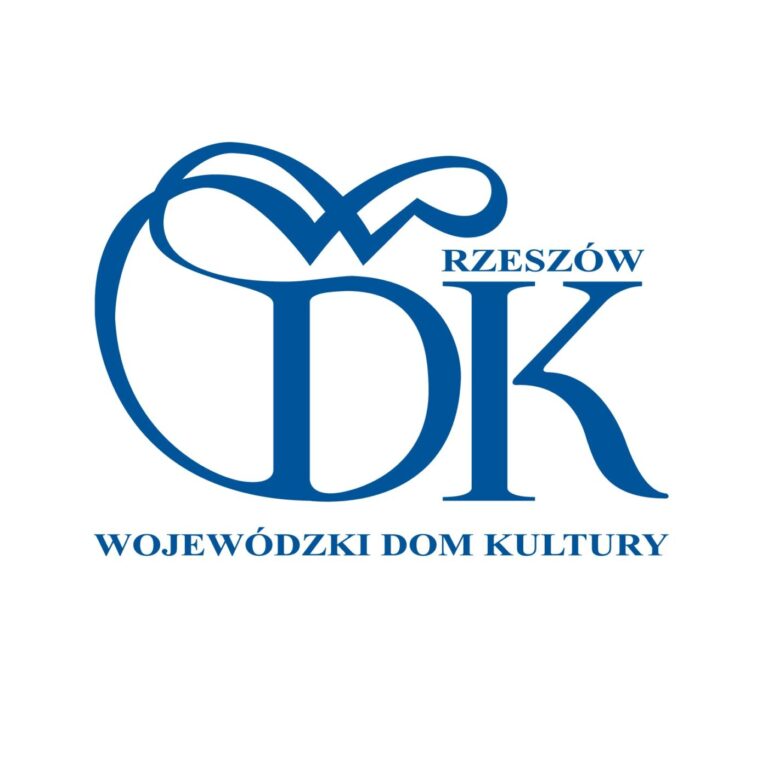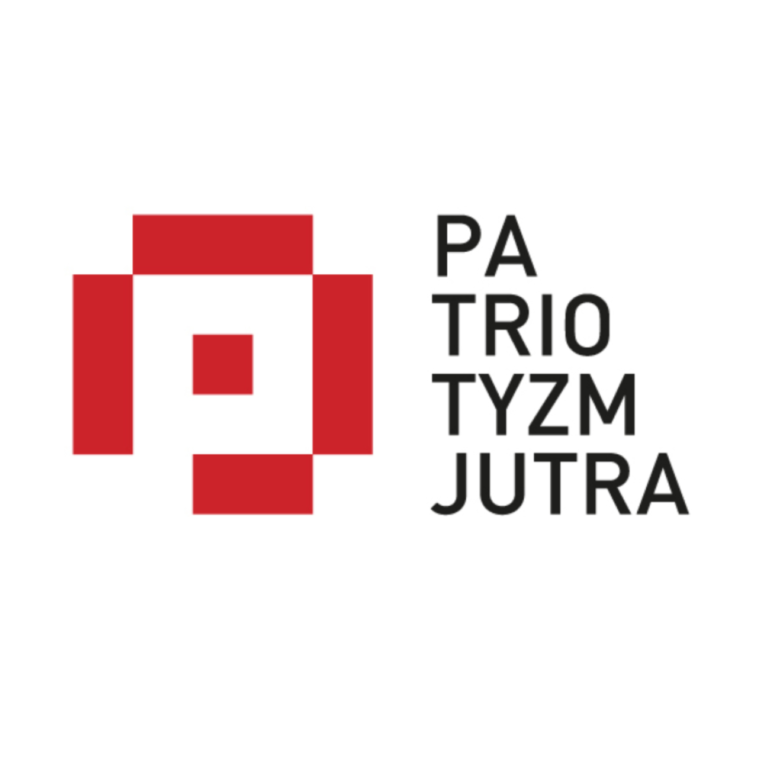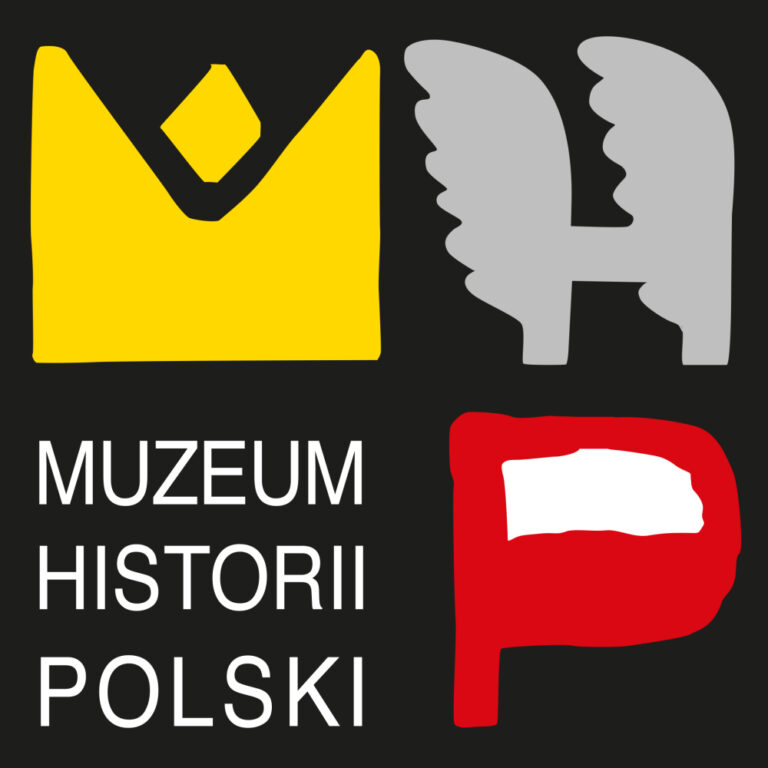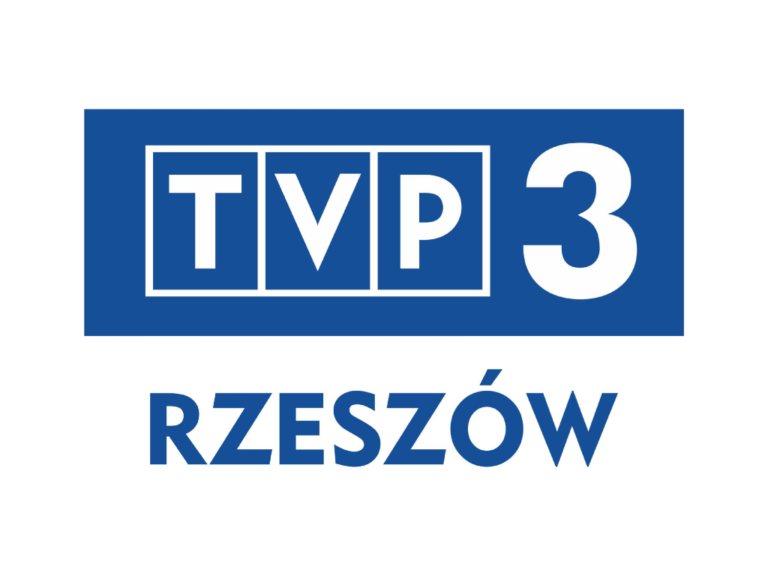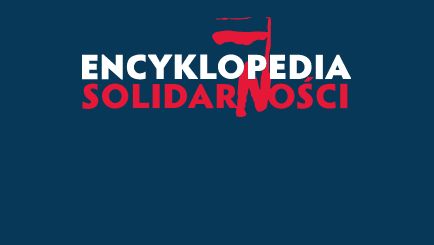
FROM THE ENCYCLOPEDIA OF SOLIDARITY IPN
Jan Antoni Musial, born 1 I 1948 in Czestochowa. Graduate of the Jagiellonian University in Cracow, Institute of Polish Studies (1972), PhD (2006).
https://encysol.pl/es/encyklopedia/biogramy/17734,Musial-Jan-Antoni.html?search=5063581
.
Tough bill
Dr. Jan Musial:
(Originally from Czestochowa, he graduated from Polish Studies at the Jagiellonian University in 1972, followed by Postgraduate Journalism Studies at the Jagiellonian University in 1977, and settled here after moving into Przemyśl, working as a journalist for the "Nowin Rzeszowskie" branch. In 1980-81, he supported "Solidarity" in strike actions as a spokesman and publisher of a newsletter and periodicals. During martial law, he went into hiding, and later co-organized the "Flying Peasant University" and the workers' pastoral education meetings. On behalf of the Solidarity Civic Committee, he was elected senator of the Republic of Poland on June 4, 1989, and was soon additionally appointed governor of Przemysl. In subsequent years, he was, among other things, editor-in-chief of the "Nowiny" daily, head of the Polish Information Agency, and chancellor of the Przemyśl PWSW, where he currently teaches).
Strikes in Rzeszow and work for "Solidarity"
- Working at Nowiny Rzeszowskie, I specialized in economic journalism and had journalistic contacts with, among others, the employees of Rzeszow's WSK. Perhaps that's why, after the strike broke out at this plant in 1980, the Strike Committee offered me the social function of press spokesman for talks with WSK management. Later, I began to perform a similar function in the structure of the Inter-Union Strike Committee, the predecessor of "Solidarity."
When the occupation strike began at the headquarters of the Provincial Council of Trade Unions in Rzeszow at the beginning of 1981, I joined it from day one, publishing a daily strike bulletin, "Trwamy." After the strike ended on February 19, 1981, of course, I had no more reason to return to work at "Nowiny", the then organ of the KW PZPR; all the more so because the deputy editor of that newspaper, Edward Wisz, had meanwhile discovered that I came from the family of a soldier of the NSZ (District VIII of Częstochowa), publicly expressing his party outrage at this fact. At that time, the head of the Inter-company Founding Committee of the NSZZ "Solidarity", Antoni Kopaczewski, proposed that I remain in the "Solidarity" structure and help with union work.
Martial law and the "wolf ticket"
In 1981, I founded the monthly magazine "Z Dołu," four issues of which were published, and the fifth was already submitted for printing, when on December 13 the SS men broke into my apartment in Rzeszow through the balcony and confiscated the "brush" of that issue. Luckily, I was no longer there, because the day before I had taken the last train to Przemysl, to my wife and daughter, who had previously left for my in-laws. With the help of my wife's family, I hid in Przemyśl until October 21, 1982, when the SS "tracked down" me in my apartment in Kmiecie Street (my wife had meanwhile exchanged our Rzeszów locale for a Przemyśl one) and, after being "picked up," interrogated me for several hours at the headquarters of the Security Service on Dworska Street. Contrary to expectations (the threat of internment), after the interrogation I was released, but - as it soon turned out - with a "wolf ticket" making it impossible to find a job. In the situation of moving with my family permanently from Rzeszow to Przemysl, I started looking for a job here. Just at the time there was a vacancy in one of the orphanages, and its manager - having learned that I was a polonist after Jagiellonian University, and also a scout and sailor - promised to accept me "with open hands." However, when I reported two days later to sign the contract, I heard from her that, unfortunately, she could not take me on. To the question: -Why‖, she replied briefly: -Two gentlemen came to me....
I was aware that I "deserved" this "wolf ticket" not only for my activities in the Inter-Union Strike Committee, but also for my "transgression" more than a decade earlier. At that time, as a student at the Jagiellonian University, I co-organized a student protest against the massacre of shipyard workers in Gdansk on December 16, 1970 at the Mickiewicz Monument in Krakow's Market Square. After three days, I was "picked up" by the militia from my dormitory, together with Stanislaw Romankiewicz, a mathematics student from Radymno, and Andrzej Marchewka, a law student. The latter - as I found out years later from the IPN materials made available to me as an aggrieved party - turned out to be a spy for the secret police TW "Ace." The three organizers of the protest, including one snitch - this later, through the case of Leslaw Maleszka, became a kind of pattern of operational activity of the "secret police."
They kept us in the Montelupich prison in Cracow for almost five days, but the whole affair ended - surprisingly - with only a rector's reprimand. Apparently, a directive came from the Central Committee not to involve students in the December protests. I learned this years later from attorney Andrzej Rozmarynowicz, with whom - a prank of history - I met in the Polish Senate. But in the esbek papers, of course, this fact remained.
Agricultural and workers' ministries
I was left to look for work in the private sector. I succeeded thanks to my aunt Stefania Czaplinska, who had helped a senior member of the Jewish family of Davidovich to hide during the war, and now the son of the same gave me a job as a warehouseman in his company in Lipovica, incidentally, already infiltrated by the SB. This type of occupation could not, of course, satisfy me for long. After a year, thanks to the intercession of my aunt again and her moderator in the Salesian Third Order, Fr. Casimir Pilat, I was given a position (part-time) as a curial librarian by Fr. Bishop Ignacy Tokarczuk. As I found out later, Fr. Bishop financed the creation of this job position with his own funds.
In fact, Fr. Mieczyslaw Kociubinski, who was in charge of the Bishop's Curia Archives, did not need the help of a new employee. So this librarian in reality I was never, but as such I traveled around the villages and organized agricultural pastoral activities, together with Tadeusz Ulma and Jan Draus. And so the three of us did a kind of "flying peasant university," as if referring to the pre-war people's universities. This was a rather extravagant activity, although it did not miss a beat in building the foundations of the agricultural "Solidarity". For here was historian Draus giving lectures explaining why Katyn and other "white spots" in Polish history could not be discussed in schools. Polonist Musiał introduced listeners to, among other things, Polish emigrant literature, which was also banned in the People's Republic. On the other hand, physicist Ulma spoke about the dangers of scientism imposed by Marxists as part of the so-called "scientific worldview." Whether exactly this knowledge was most needed by farmers, no one inquired.
Well, at the end of the 1980s, with the help of Father Eugeniusz Dryniak and later Father Jan Pêpek, the vicars of Father Adam Michalski's parish priest in Kmiecie, I began to organize educational meetings as part of the workers' pastoral ministry. There were all sorts of speakers - from editor Zdzislaw Szpakowski of the Catholic "Więzi" to attorney Jan Malanowski, an outspoken socialist (but definitely anti-communist). They were listened to in crowds.
I remember the lecture I myself had at the Salesian Fathers, and after it a conversation with several elderly przemyślans who congratulated me on my speech. Well, I know from elsewhere that it was from this group that the proposal for my candidacy for the Senate came out later, at one of the meetings of the Solidarity Civic Committee (at which I was not present), and that it was unanimously accepted. Of course, I met many later members of the Solidarity Civic Committee: Czarski, Kaniewski, Kuchcinski and others. Earlier, on the occasion of this my speaking activities within the framework of rural and workers' pastoral activities, and later also within the framework of the Days of Christian Culture, which I co-organized. These days were held annually, since the mid-1980s. We held exhibitions at the Franciscan Fathers' monastery in Przemyśl, and lectures were held at the Benedictine Sisters' monastery.
KO "S" in Przemyśl and elections
In the Solidarity Civic Committee, not everything was without conflict. As is known, the Committee's members were selected (from among those involved in the opposition) mainly by the chairman of the NSZZ "Solidarity" Region - Marek Kaminski. Between him and Stanislaw Zolkevich, the first KO "S" chairman on such a recommendation, then a "Solidarity" deputy governor of Przemysl under the regime Voivode Wojciechowski, there was a dispute over the staffing of the position of provincial doctor. Specifically, it was about Dr. Jerzy Stabiszewski, recommended by Chairman Kaminski and blocked by Zolkiewicz. And years later such conflicts were still smoldering. Even the scientific session on the quarter-century of those events was not free of them; this time it was about the composition of the committee, which Dr. Stanislaw Stępień tried to supplement, confabulating, and which was fiercely opposed by Chairman Kaminski, who reproached the adversary with his Pezetpeer past. Time has still not leveled those animosities.
However, the Provincial Civic Committee "Solidarity" in Przemyśl, which was formed in late March and early April 1989, then had to concentrate on running a pre-election campaign, for which it had only two months. For me and the other candidates, this meant participating in numerous meetings with voters in the cities and municipalities of the Przemyśl province. This was a completely new experience for me.
There were a lot of these meetings. I concentrated primarily on those localities where Ulma and Draus and I had conducted "flying university" meetings in rural and workers' ministries in previous years: in Debowa, Gaci, Yaroslavl, Przeworsk, Zarzecz, and others. Finally it came to the June elections. In the municipality of Adamovka, I obtained the best result for me. And I very much regret that in the flurry of later work I didn't find time to visit this municipality and thank the voters. I don't know if they resent me for this, but I still have remorse to this day because of it.
As candidates for senators and deputies from that first Solidarity recruitment, we were random people in the sense that we were rather unprepared for the role of politicians. After all, none of us was a graduate of a diplomatic academy, an economic academy, or even some kind of management school. They were mathematicians - like Onyszkiewicz, physicists - like Ulma, polonists - like me, or farmers - like Trelka. Our only political legitimacy was a deep ideological conviction that the People's Republic of Poland must be abolished and a democratic and free Poland reborn.
What did we feel as we began the pre-election campaign? Were we confident of victory, or were we terrified of the short period of time separating election day? Well, we didn't think about it at all. We simply knew that we had to convince people to seize the opportunity to begin political change in Poland. And at pre-election meetings, such as the memorable ones at the Mirocin stadium, we felt the overwhelming support of the public. But there was no calculation among us as to how much we ourselves would benefit. This was really a secondary matter. I can only speak for myself and for Tadeusz Ulma, because I had a very close relationship with him and his family, and perhaps also for Tadeusz Trelka. As for Janusz Onyszkiewicz, he was weighed down by his surname, which did not enjoy a good reputation among the old Thinkers because of the memory of Orest Onyszkiewicz's criminal activities. Janusz Onyszkiewicz, of course, denied this affinity, but nevertheless in the feelings of many residents it was a kind of odium. Later, unfortunately, he turned out to be a faithful executor of the Magdalene arrangements and the political line of Mazowiecki, Geremek and Michnik. However, his electoral result was the same as ours, because the voters voted for our entire team.
Illusory capabilities of the governor
My acceptance of the post of governor of Przemyśl in 1991 was a local political necessity, but for me personally it turned out to be a mistake. After assuming the position, I quickly realized that as a voivode, even with a parliamentary backing, I could not really do much. After all, Messner's and Wilczek's earlier reforms meant that the economic foundations of the state had already been divided among the post-communists, and the pomagdalenkowa voivode was, unfortunately, to be only a "fig leaf" of this appropriation.
I experienced this most painfully when the "Polna" and "Pomona" plants in Przemyśl collapsed, and this could not be remedied. A similar fate befell the Przemyśl Construction Company, which simply ran out of orders for further construction. The proposal of PPB's deputy director, Eng. Stanislaw Zolkevich, to win an order from a Ukrainian company to carry out construction in Lviv with payment in the form of gas - was unfortunately unrealistic in the situation of the collapsing Soviet Union and the absence of a relevant international agreement. The opinions of legal advisors were unequivocal. So I had to make a choice between PPB and the twin construction company in Yaroslavl, which still had orders for more projects in our province and beyond.
It was depressing for me to realize the illusory capabilities of the governor, but also the parallel parliamentary helplessness. I was one of the co-founders of the subcommittee headed by Senator Pawel Łączkowski on the establishment of the Attorney General's Office (an institution representing the Treasury that would curb the appropriation of state property). And I remember how our faces thinned when it turned out that we were not able to push this project through the then Sejm, or even the Senate. The knowledge of how many Communist agents there were among parliamentarians reached us later. Besides, the Solidarity movement in Przemyśl was also quite deeply penetrated by SB secret collaborators. I had a glimpse of the relevant documents and this is very depressing knowledge, which, by the way, I gained while already outside the parliament, so - only historical. Although the case of TW "Christopher" still captivates....
The naive mistake of the Polish Senate
One of the most famous and controversial resolutions of the Senate's first term was the condemnation of Operation "Vistula" of 1947. As is well known, as a result of this operation, some 140,000 residents of Ukrainian nationality (who constituted the base of the Ukrainian underground) were resettled from the southeastern border areas, terrorized by the criminal UPA units, to the western and northern post-German areas. Today I can say that I let myself be "tricked" into supporting this resolution. I was persuaded by, among others, Andrzej Wielowieyski and Piotr Lukasz Andrzejewski, that there are different political levels of such gestures. And although at the local level this issue is obviously very controversial, at the level of central authority these controversies must be bracketed, because the strategic interests of the Polish state are more important.
We hoped in the Senate for a reciprocal reflex from the Ukrainian authorities. As it turned out, we rather naively expected Kiev to condemn the Ukrainian Insurgent Army's mass crimes against Polish residents of Volhynia and the southeastern provinces. Unfortunately, this was wishful thinking, because not only did nothing of the sort happen on the Ukrainian side, but this reflex of our goodwill for reconciliation was cynically used by the Ukrainians to condemn that operation by the Sejm and to demand the payment of reparations.
The only success of the parliament (first two terms)
All in all, from today's perspective, I evaluate quite negatively my experience of working in the Senate and as governor of Przemyśl, as there were no tools and opportunities to meet the expectations of those who put me forward for both positions.
However, on the other hand, looking from a historical perspective, not everything was a failure at the time, because with these many shortcomings we nevertheless made a significant break in the monolith of communist power. Our greatest achievement was the decentralization of power in the form of successful local government reform - in a longer-term perspective than tenure or even generation.
Assessment of the current political situation
And as for reflections on the current political situation in Poland, I look at it with unbounded joy. I am happy both for the good effect of this game around the Constitutional Court, and for the announcement of bringing internal politics out into the open: the secret services, the army, further - media politics restoring objectivity, and external politics based on the Polish raison d'état. Seeing these frightened celebrities who have profited from a flawed political system for more than two decades, I feel the satisfaction of historical justice and am convinced that this is the right direction. The nation is smarter than all the elites put together. And my hope for good change comes from the fact that I share it with the majority of society.
Admittedly, years ago I left the ranks of the Agreement of the Center because I could not accept how the brothers Jaroslaw and Lech Kaczynski treated Professor Adam Strzembosz instrumentally at the time, but today that Jaroslaw Kaczynski I understand. And I accept that he is determined to consistently complete the crackdown on the judicial caste that he began then. Predictably, he learned the lessons of past turmoil, united the center-right camp around him and, removing himself, as it were, into the shadows, made brilliant personnel decisions. President Andrzej Duda does not allow himself to be persuaded into deceptive "independence," but instead fulfills his election commitments. Prime Minister Beata Szydło, a genuine socialist, wants to collectively take back the public spaces appropriated by the post-communists of the "Magdalene" Third Republic and return the reformed Republic to all Poles. Now, already as a political retiree, I keep my fingers crossed for the prosperity of especially those young, professional teams of Duda and Szydła, who - together with PiS, the successor of PC - have the courage to change Poland. However, I have no illusions that this is the end of the fight for her.
***
From the perspective of the next decade
The passing - since the above reflections - of another decade has not changed my political priorities and my assessment of those responsible for putting those priorities into practice: in addition to those mentioned above, first and foremost, the government of Mateusz Morawiecki, who understands better than his critics the meanderings of difficult international politics. In its context, my provincial experience is - respecting proportions - of little significance. Nonetheless, I want to supplement these recollections with a small appendix of documents, illustrating, as it were 'a rebours the social atmosphere of the bygone, yet still hiccuping, era of communist enslavement. I want to recall as a warning the mechanisms of getting caught up in this enslavement, which can return in other forms due to our inaction.
Interviewed by Jacek Borzecki
.
